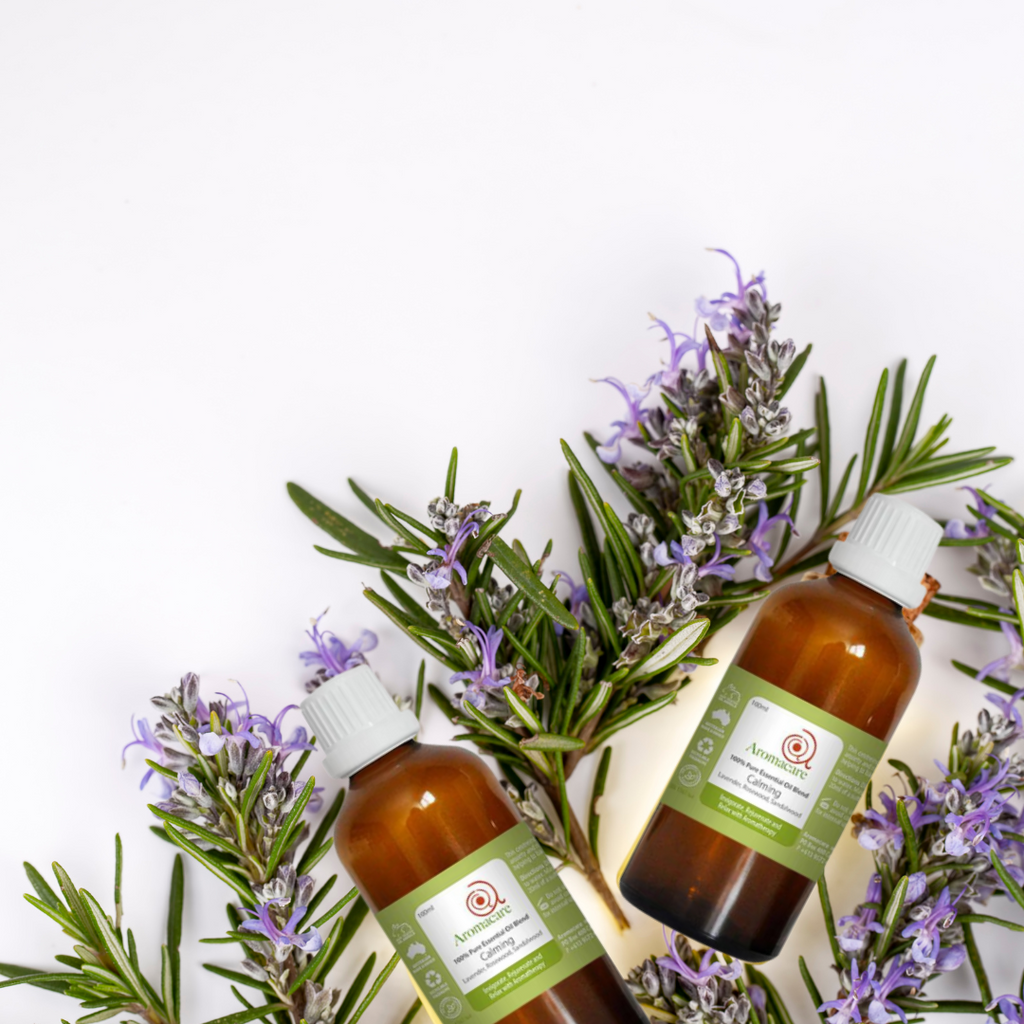In the realm of aromatherapy, few essential oils have gained as much recognition for their ability to promote restful sleep as lavender oil. At Aromacare, our passion for aromatherapy extends to its potential to enhance the lives of people of all ages, including those in aged care facilities. In this article, we will delve into the remarkable benefits of lavender oil for managing sleep disorders among seniors in aged care settings.
The Challenge of Sleep Disorders in Aged Care
Sleep disorders are a common concern among the elderly, especially those in aged care facilities. As we age, changes in sleep patterns and disturbances become more prevalent. Factors such as medical conditions, medications, and environmental factors can contribute to sleep disturbances. Lack of quality sleep not only affects the physical health of seniors but also their mental and emotional well-being.
Lavender Oil: Nature’s Sleep Aid
Lavender oil, extracted from the lavender plant’s flowers, has been used for centuries for its soothing and calming properties. It is renowned for its ability to promote relaxation and improve sleep quality. Here are some of the key benefits of using lavender oil to address sleep disorders in aged care:
Calming and Anxiety Reduction: Lavender oil is known for its anxiolytic (anxiety-reducing) properties. Many seniors in aged care facilities experience anxiety or restlessness, which can hinder their ability to fall asleep. The gentle scent of lavender can help calm the mind, reduce anxiety, and create a tranquil environment conducive to sleep.
Improved Sleep Quality: Research has shown that lavender oil can improve the overall quality of sleep. Inhaling lavender oil before bedtime can increased sleep duration and reduced daytime fatigue.
Enhanced Mood: Adequate sleep is essential for maintaining a positive mood and mental well-being. Lavender oil’s mood-enhancing properties can help seniors feel more content and relaxed, leading to better sleep and overall emotional health.
Non-Invasive Approach: Lavender oil offers a non-invasive and gentle approach to improving sleep. It can be applied topically or used in aromatherapy practices such as diffusers or spritzers, making it accessible and comfortable for seniors in aged care settings.
Practical Ways to Use Lavender Oil for Sleep
Aromatherapy Diffusion: Place a few drops of lavender oil in an aromatherapy diffuser in the bedroom or common areas of the aged care facility. The soothing aroma will help create a peaceful atmosphere conducive to sleep.
Pillow Spray: Create a lavender pillow spray by diluting a few drops of lavender oil in water and lightly misting pillows and bed linens. This can be a comforting and soothing bedtime ritual.
Topical Application: Dilute lavender oil with a carrier oil (such as sweet almond or jojoba oil) and gently massage it onto the senior’s neck or temples before bedtime. This not only promotes relaxation but also offers a pleasant tactile experience.
Conclusion
Lavender oil has long been cherished for its ability to improve sleep quality and promote relaxation. In aged care facilities, where sleep disorders can be a significant concern for seniors, the use of lavender oil can offer a natural and effective solution. At Aromacare, we believe in harnessing the restorative benefits of aromatherapy to enhance the lives of individuals of all ages, including seniors in aged care.
By incorporating lavender oil into the daily routines of aged care residents, caregivers and facility staff can help create a more peaceful and restful environment. This, in turn, contributes to the overall well-being and quality of life of the elderly residents. To explore our extensive range of quality lavender oil or find out more about our Aromatherapy In-Care Program contact us today to discuss requirements and we will be delighted to help.
Discover more about the enriching world of essential oils and aromatherapy with Aromacare. Shop the entire collection now at www.aromacare.com.au . Don’t forget to explore our vast range of quality essential oil blends and products.

